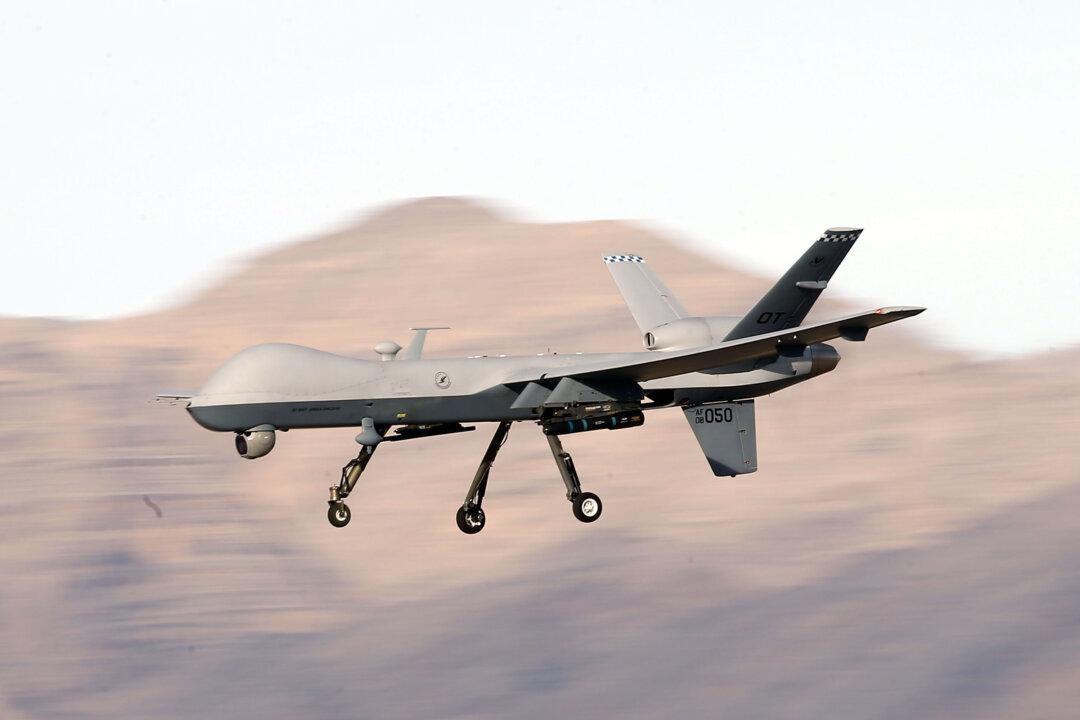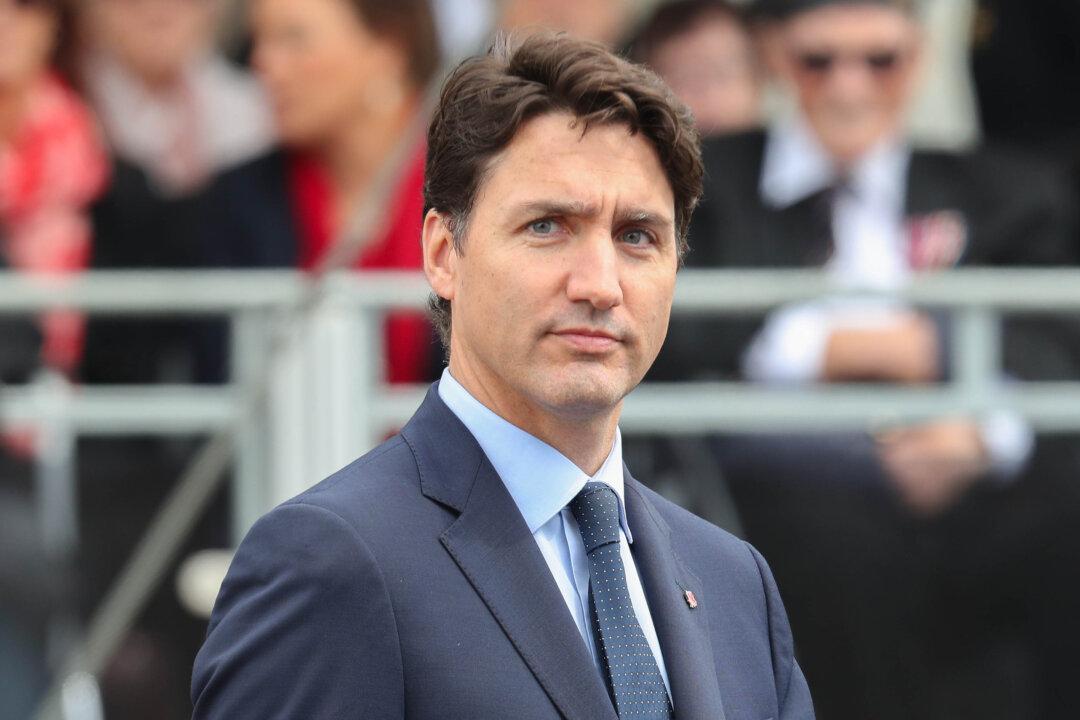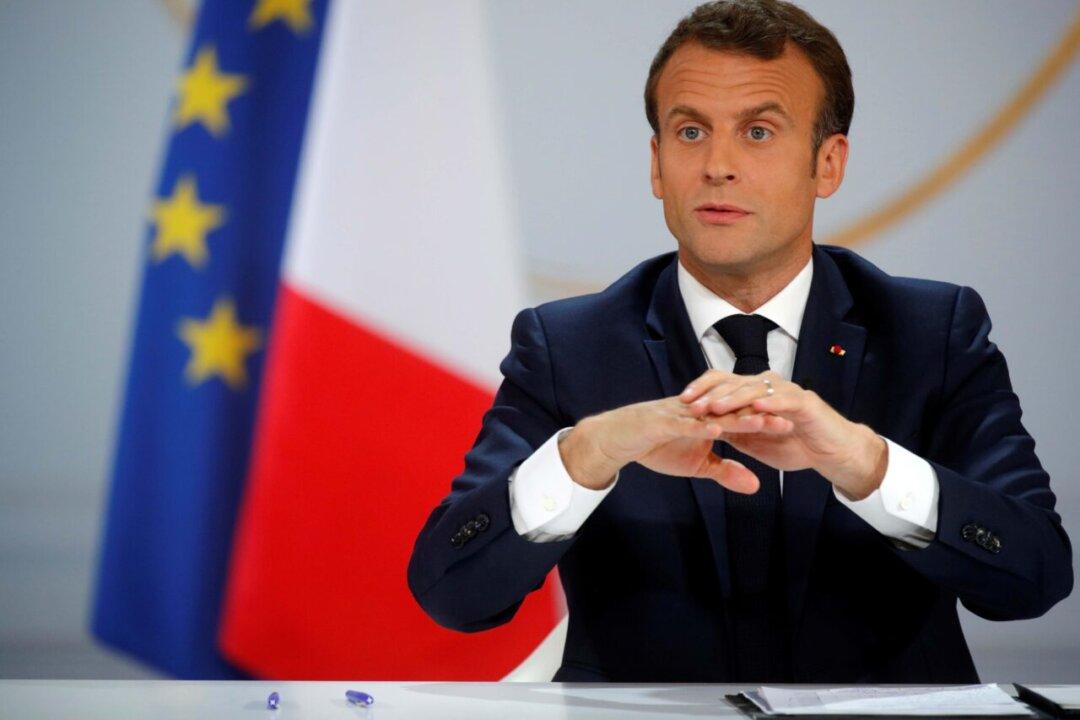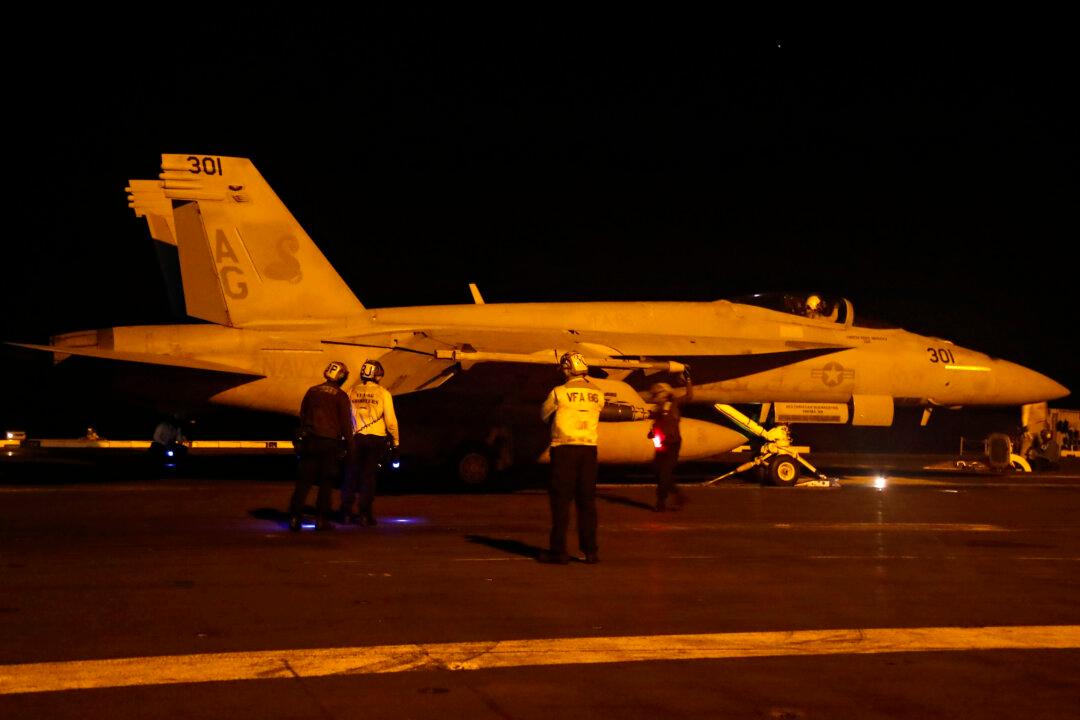There are many half-truths (or even “false truths” truths) at play in the Iran imbroglio. One of these is that those continuing to support the Joint Comprehensive Plan of Action (JCPOA) are ostensibly putting constraints on the painstakingly negotiated agreement with high-minded participants continuing their adherence to its provisions, while the United States by withdrawing from it is a wrecker of a useful albeit limited agreement.
Not hardly. As long as blind eyes are closed by the remaining participants who elect to believe in the JCPOA, they make enormous profits. Indeed, they have attempted to create “work around” mechanisms to evade sanctions (so far failed). The Trump administration, in contrast, has been highly skeptical from inception, has urged resumption of sanctions (depriving others of their profits) while seeking agreement a new agreement with stricter constraints on Tehran.





